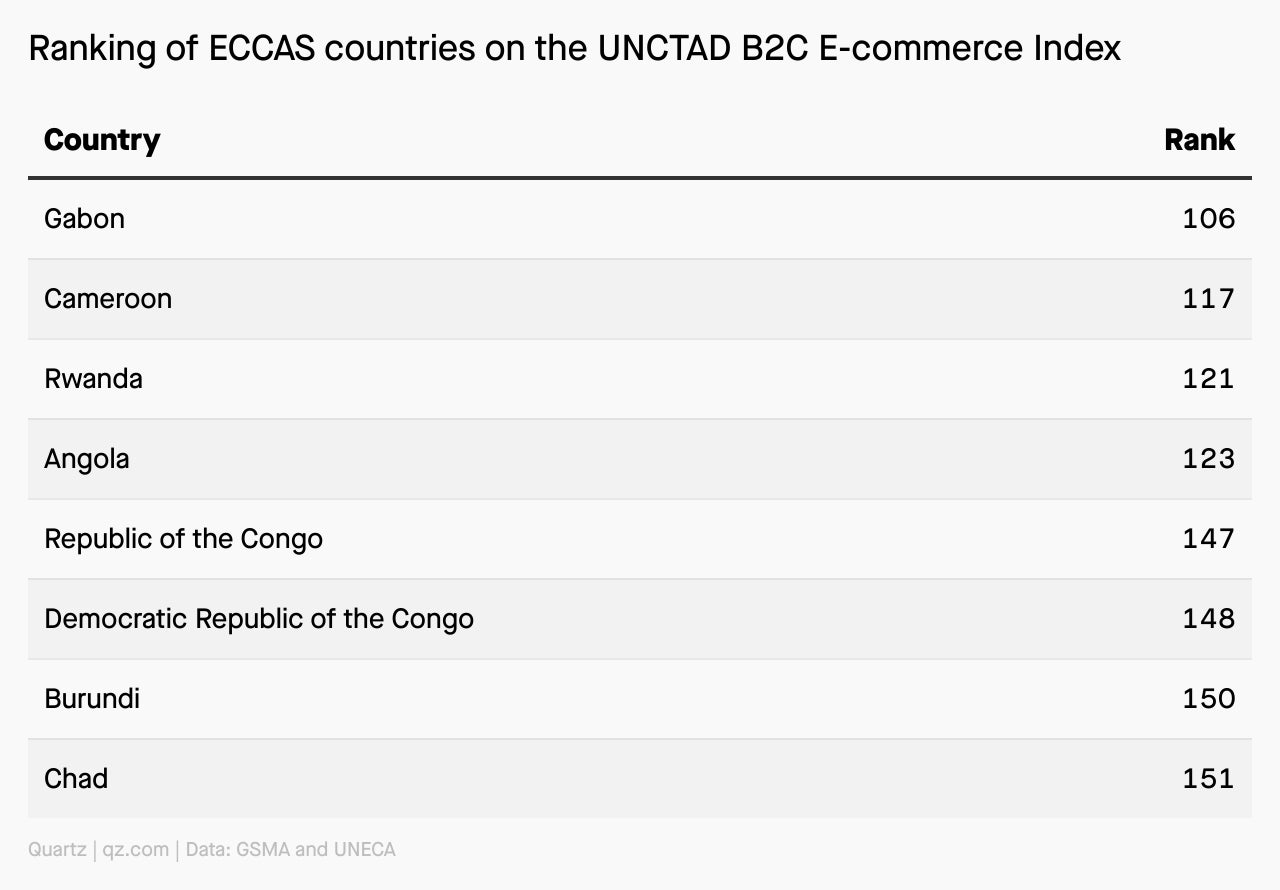Hipster herders, mRNA malaria vaccine, African Union’s vaccine passports
Hi Quartz Africa readers!


Hi Quartz Africa readers!
It is said that Sundiata Keita, the founder of the Malian empire, first walked at the age of seven. After this he went on to become one of the world’s greatest warriors and the founder of an empire whose progressiveness, reach, and might would astound poets, writers, travelers, historians, and archaeologists for centuries to come.
A recent IMF report suggests that Africa will require Sundiata-esque grace to rise up and leap(frog?) into the global economy. The predictions are bleak. The global economy is projected to grow 6% in 2021. This year, sub-Saharan Africa will grow at only 3.5% up from 2020’s figure of -1.8% while the US, UK, and emerging and developing Asia will grow at 7%, 7%, and 7.5% respectively.
The IMF outlines three key priorities for the world’s post-Covid-19 recovery: Curbing the acute effects of the pandemic especially through vaccinations; fiscal and monetary measures to jumpstart growth sectors; and investing in the future by lowering carbon dependence and increasing digitalization.
In all of these areas, the continent’s outlook is not promising. When it comes to the pandemic, a deadly cocktail of vaccine nationalism, restrictive patents, and limited vaccine manufacturing infrastructure has left the continent with just over 1% of its population fully vaccinated.
In terms of monetary and fiscal policies, though some governments did initially try to cushion citizens with social and economic safety nets in the earlier stages of the pandemic, those have mostly stalled or been discontinued as the pandemic drags on. Citizens have found themselves battling a third wave, but being further downtrodden by rising unemployment, food inflation, and increased taxes. This is even before looking at countries where many are skeptical about loans obtained in the name of fighting Covid-19.
Given the more urgent priorities of combating the virus and its devastating socioeconomic effects, the IMF’s third level of measures have only been implemented insofar as they aid the continent in dealing with those first two areas.
We can only hope that when this chapter of Africa’s story is chronicled, it will be in the form of a brief footnote, a la Sundiata’s first seven years, before delving into the following chapter, that of Africa’s eventual rise. —Ciku Kimeria, Quartz Africa editor
Stories this week
The first mRNA malaria vaccine is under development. Following the remarkable success of the mRNA Covid-19 vaccines, Uwagbale Edward-Ekpu reports on BioNTech’s announcement of a launch of a project aimed at developing the first mRNA-based malaria vaccine with the clinical trial planned for the end of 2022.
Nigerian startup founders suffer from burnout. 2020 and 2021 have been extremely difficult for Nigerian startups. Sultan Quadri reports on the trials of dealing with whiplash regulation, economic challenges, and poor infrastructure, all against the backdrop of the pandemic and the #EndSARS protests, with deadly violence meted out by the government.
The AU’s vaccine passport could control future pandemics. Last year, the African Union launched a Covid-19 passport to help member states verify testing and harmonize entry and exit screening. Carlos Mureithi looks at how the passport’s infrastructure could be useful in setting up a system to manage future pandemics and disease outbreaks on the continent.
East Africa’s tourism sector struggles to stay afloat. It is tourism high season in east Africa, but one would never tell. Priya Sippy reports on how the third wave of the pandemic has left businesses in turmoil especially as lockdowns, travel warnings, and quarantine measures serve as a disincentive to foreign tourists.
South Africa’s startups can help address unemployment. The country’s unemployment rate rose to a record high in the first quarter of this year. A new World Bank report says the country’s startup sector could help solve the job crisis. But as Carlos Mureithi reports, the country would need to make structural changes first.
Charting e-commerce in Central Africa
The 11 countries in the Economic Community of Central African States fall behind many of their regional peers in their readiness for online shopping, according to the UNCTAD B2C E-commerce Index, which assesses this measure in 152 countries.
Carlos Mureithi explores a new report by the GSMA and the United Nations Economic Commission for Central Africa that says the region can progress quickly if governments implement policies to hasten the development of digital services.

Dealmaker
Yoco, the South African payments startup, has secured $83 million in Series C funding to accelerate the development of its platform and expand internationally. Investors include Dragoneer Investment Group, Breyer Capital, HOF Capital, The Raba Partnership, 4DX Ventures, TO Ventures, Partech, Velocity Capital Fintech Ventures, Orange Ventures, Quona Capital, and several current and former executives from big tech companies.
GoodsMart, an Egyptian online household shopping service, has raised $3.6 million in funding, led by Sawari Ventures. Founded in 2014, the startup offers contactless delivery to customers. With this investment, GoodsMart, currently operating out of West Cairo, will look to expand to East Cairo and grow its team.
Julaya, a Côte d’Ivoire-based fintech startup, has raised $2 million in pre-Series A funding to grow and expand its product in West Africa. Investors include Orange Ventures, MFS Africa Frontiers, Saviu Ventures, Launch Africa Ventures, 50 Partners Capital, and business angels from Europe and Africa.
Quartz Gems

Simone Biles is the most decorated female gymnast in history. She has four gymnastics moves officially named after her—one vault, one beam, and two floor exercises. She’s in the news recently for pulling out of the women’s gymnastics team final at the Olympics for mental health reasons after a rough performance on the vault.
Biles’ Yurchenko double pike move has been the talk of the gymnastics world since videos of her practicing it in training hit the internet last year. At the time, no female gymnast had ever performed it in competition (and few men had). Named for Natalia Yurchenko, the gymnast who originated the move, “Yurchenko” refers to the way the gymnast starts her routine: A round-off onto the springboard, a back handspring onto the vault, and then a push off the vault into a flip. After the flip, gymnasts insert a skill of their choice—a double twist or a two-and-half-twist are common. With the Yurchenko double pike, Simone Biles does a second flip before she starts her double pike skill. It’s exceedingly difficult to get the height and rotation needed to successfully complete the second flip and the skill that follows; to land it incorrectly could result in paralyzing head or neck injuries.
Read our full Simone Biles obsession email, subscribe to our Need to Know: Tokyo Olympics email, and then become a Quartz member for the full experience.
Other things we liked
Nigeria’s hipster herders. Flat rubber shoes, straw hats, and skin-tight jeans are synonymous to the Fulanis herding cattle across Nigeria, however, Eid al-Kabir celebrations see an unlikely, glitzy sartorial switch. Afrobeats, reports BBC’s Nduka Orjinmo, has a heavy influence on this.
The diamond of Kimberley. Skateboarding made an unlikely debut at Tokyo Olympics, featuring 15-year-old South African Boipelo Awuah, who is also Africa’s only representative in the sport. In New Frame, Ihsaan Haffejee chronicles her rebellious path to the games and an important life lesson that skateboarding teaches.
Our loss, your gain. Year on year, Nigeria’s Olympic committee and athletics federation are consistent in their reputation for poor management and lack of accountability. Seeking a working and rewarding system, athletes like Gloria Alozie are left with no choice but switching allegiance, reports Kemi Falodun in TRT World.
Failed states and western commentary. What happens when western commentary actually aligns with criticism that Africans have of their own countries? In an essay for Africa is a Country, Moses E. Ochonu explores the tricky balance western commentators encounter when stating unpalatable truths about African countries.
A prizewinning story from Ethiopia. Getu, a street sweeper in Addis, is going to the glorious Sheraton, where he believes the answer to his life’s challenges lie. This short story from Ethiopia’s Meron Hadero was selected this past week as the winner of the prestigious Caine prize for African writing.
ICYMI
Post-pandemic recovery. Absa’s East Africa Markets Update & H2 Macro Outlook and Forecasts will look at what form the region’s recovery from Covid-19 will take. (Aug. 5)
Scholarship opportunity. The University of Oxford is offering 100 fully funded Rhodes Scholarships each year for postgraduate study in the UK. (Aug. 15)
Investment connection. The Nest will be holding its monthly investment pitch event that connects entrepreneurs in emerging markets to investors, ecosystem builders, and industry players around the world. (Aug. 19)
🎵 This brief was produced while listening to “Whisky Soda” by Bembeya Jazz National (Guinea)
Our best wishes for a productive and ideas-filled week ahead. Please send any news, comments, suggestions, ideas, gymnastic moves, and hipster jeans to [email protected]. You can follow us on Twitter at @qzafrica for updates throughout the day.
If you received this email from a friend or colleague, you can sign up here to receive the Quartz Africa Weekly Brief in your inbox every week. You can also follow Quartz Africa on Facebook.